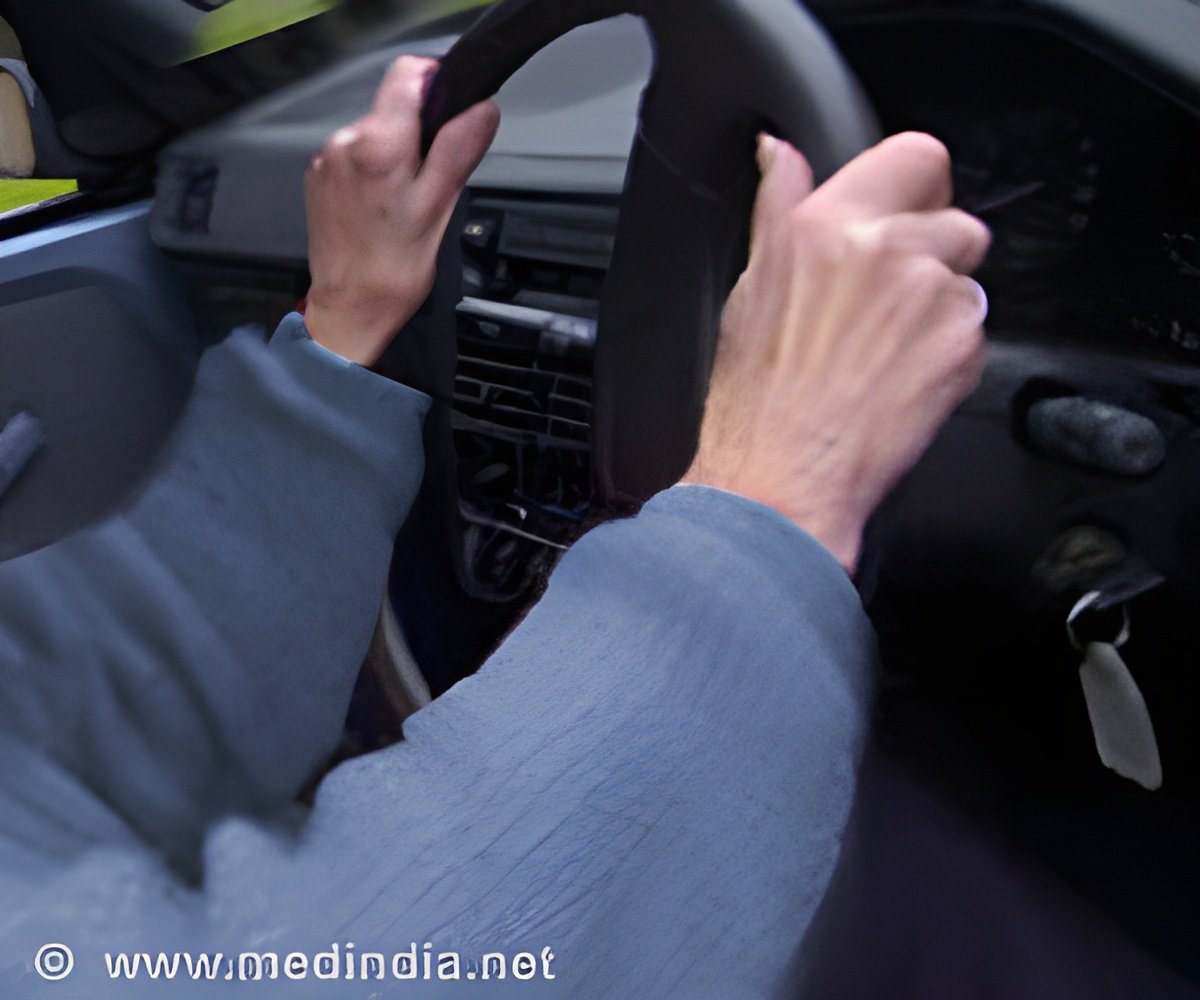Older passengers may have a greater risk of heart failure or stroke following a car crash than other road users, finds a new study.

‘Older passengers have a higher risk of heart failure or stroke following a car crash. Screening older patients involved in such motor vehicle crashes may help prevent occurrences of heart failure and stroke.’





As compared to the pedestrians, they found the risk of heart failure for occupants was increased during 30 and 180 days of follow up, while the risk of stroke occurred during the 180-day follow up period. The researchers also used Danish hospitalization data to confirm these findings and were able to demonstrate a similar risk. "Although the risk of heart failure and stroke are modest in older people, these findings are important with respect to an increasingly large aging population which is on the road driving and who are also at risk of motor vehicle crashes," explained corresponding author Bindu Kalesan, PhD, MPH, assistant professor of medicine at BUSM and assistant professor of community health services at Boston University School of Public Health (BUSPH).
According to Kalesan, injury, such as damage from auto accidents, has not garnered interest comparable to chronic diseases such as cancer and cardiovascular disease.
"Now we found that a physical injury may lead to a chronic disease which may require further treatment suggesting a pathway from injury to chronic diseases. We have to know more about what happens to those who develop heart failure or stroke after being involved in a motor vehicle crash."
The researchers hope the preliminary evidence from this study will lead to more robust studies. "If this relationship holds true, we may be able to prevent occurrences of heart failure and stroke by screening older patients involved in motor vehicle crashes, particularly among those without a history of cardiovascular diseases."
Advertisement
Source-Eurekalert















